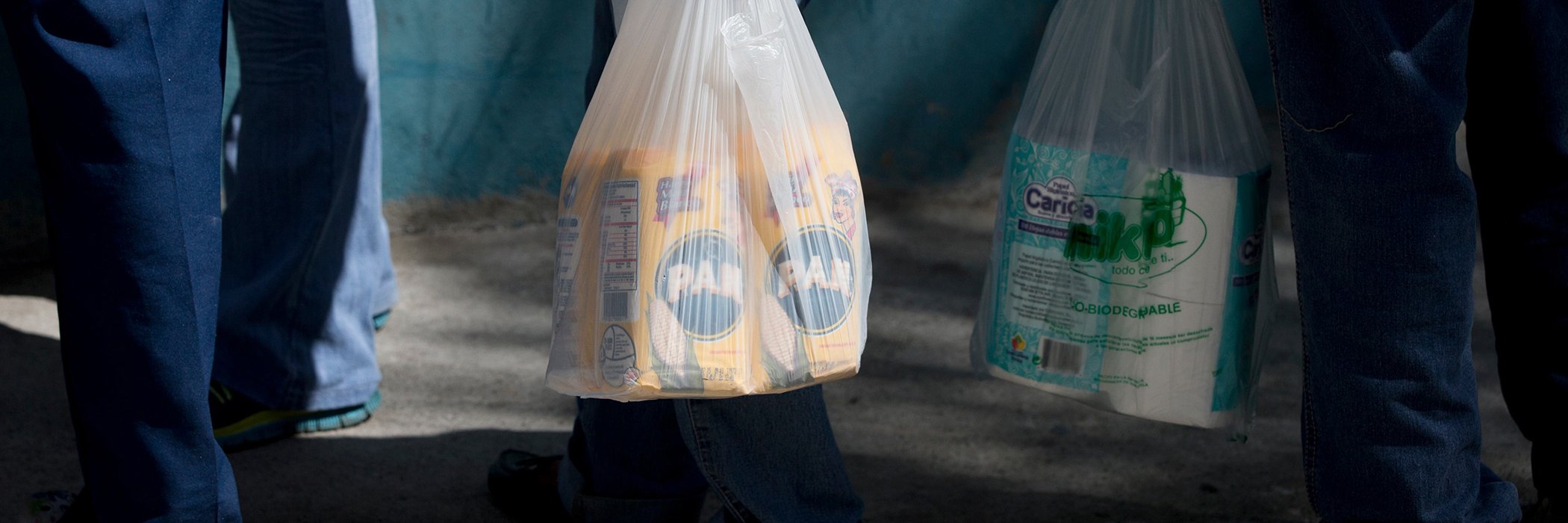The number of Venezuelan refugees and migrants has exceeded 3 million, accounting for nearly a 10th of the country’s overall population, according to the UN’s refugee and migration agencies.
The majority of those fleeing have sought refuge in surrounding countries, with Colombia taking in by far the largest number of displaced Venezuelans at more than 1 million, followed by Ecuador, Argentina, Chile, and Brazil.
“Countries in Latin America and the Caribbean have largely maintained a commendable open-door policy to refugees and migrants from Venezuela,” Eduardo Stein, the UN’s joint special representative for refugees and migrants from Venezuela, said in a statement. “However, their reception capacity is severely strained, requiring a more robust and immediate response from the international community if this generosity and solidarity are to continue.”
Take Action: Call on Australia to Step Up to Support Migrants and Refugees!
Over the past year, host countries have begun restricting access to their borders and denying entry to Venezuelans. Others have corralled refugees into areas close to the border, preventing them from entering the rest of the country. In Brazil, the president-elect Jair Bolsonaro has vowed to crack down on arriving Venezuelans.
The UN is currently working to coordinate a regional response to the situation, which has become one of the most extreme humanitarian crises in the world.
“This humanitarian crisis cannot be addressed in an isolated manner. It is fundamental to promote a regional response to address all the challenges, particularly on matters like humanitarian needs, legal status, documentation and inclusion,” Filippo Grandi, head of the UN’s refugee agency, said in a statement. “UNHCR is committed to increasing its cooperation with governments in the region.”
The exodus from Venezuela has steadily grown over the past few years, following a collapse of the country’s economy, widespread food insecurity, a faltering health care system, violence, and more, according to the BBC.
 Customers hold their shopping bags of newly bought corn flour and toilet paper as they line up outside a private supermarket in Caracas, Venezuela, Jan. 16, 2015.
Customers hold their shopping bags of newly bought corn flour and toilet paper as they line up outside a private supermarket in Caracas, Venezuela, Jan. 16, 2015.
Customers hold their shopping bags of newly bought corn flour and toilet paper as they line up outside a private supermarket in Caracas, Venezuela, Jan. 16, 2015.
Read More: Venezuelan Gangs Are Using Food to Recruit Children
In 2014, the global price of oil began to plummet, and Venezuela, which is heavily dependent on oil sales, began losing money. It suddenly became hard for everyday people to afford basic goods like rice. This set off an inflationary spiral that crashed the country’s currency, creating massive job loss and spurring the government to cut its spending.
There are now concerns that inflation could surpass 1,000,000%, which means you would need wheelbarrows full of cash to buy food staples like milk.
Many critics argue that the financial crisis was made worse by President Nicolas Maduro’s inability to restructure the economy away from oil. As the crisis worsened and unrest built, Maduro began violently cracking down on protesters throughout the country and he stripped the legislature of power.
Read More: Hundreds of Venezuelan Children Victims of Child Labor in Colombia
These authoritarian actions deepened the crisis.
Eventually, hospitals stopped carrying essential medicine, grocery stores featured only empty shelves, rolling blackouts became the norm, child trafficking increased, and outbreaks of diseases like malaria occurred.
Millions of Venezuelans, unable to find work or feed their families, and fearful of violence, fled their homes and crossed the border looking for stability.
Read More: John Oliver Delivered a Crucial Message About Venezuela That You Need to Hear
Countries such as the US have tried to exert pressure on the Maduro regime through sanctions, but the president shows no signs of relenting power and recently won the general election amid allegations of voter suppression and ballot box fraud.
"I suspect that this situation won't be resolved within the country but it's more likely to be resolved as a humanitarian crisis, and outside Venezuela with international actors," Javier Buenrostro, a professor at the National Autonomous University of Mexico, told Al Jazeera.